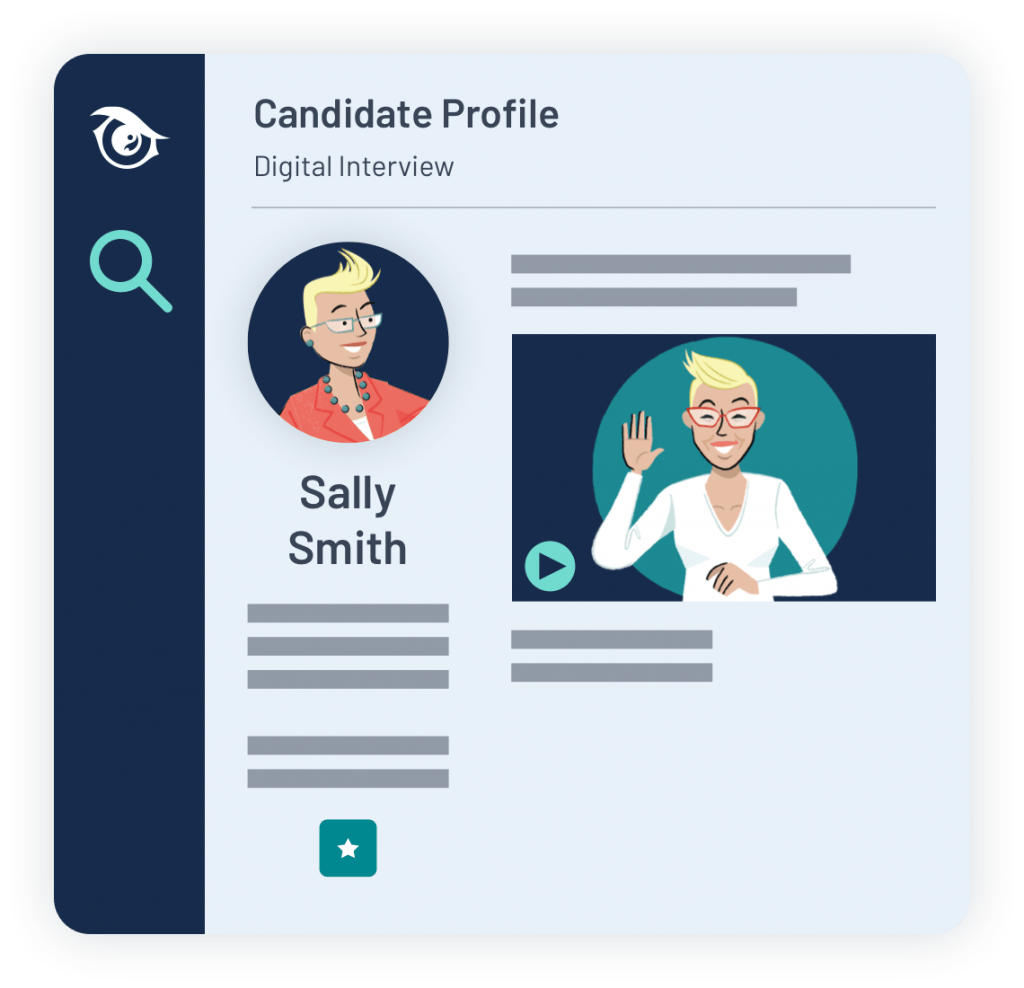Five ways knowing your Personality Type can help you with your career
Perhaps you’re at the start of your career and aren’t sure which path to follow. Or maybe you’re at a […]
Last Updated: 21.07.21


Ok. So you’ve submitted a great job application with stunning cover letter and you’re sitting in the job interview. You’re delivering great answers to all the questions you’re being asked and things seem to be going well. Your head is telling you that you’ve got this nailed, when out of the blue the interviewer says, “Tell me about a time when…”
Your heart palpitates. Your brain turns to mush. You search your memory for something…. anything… that you can use as an example. Cobbling together some half-remembered truths with a fair smattering of exaggeration, you stumble your way through a vague yarn that loosely approximates to an answer.
Behavioural interview questions that ask you to provide a real-life example of how you handled a certain kind of situation at work can be difficult to answer. They often have a distinctive opening, such as:
The good news is that there is a strategy you can use that will help you to create a well-structured response and deliver an impressive answer to these types of behavioural questions. This is the STAR interview method. STAR is an acronym that stands for:
STAR method is meant to be simple so don’t provide too much detail, instead focus on just one or two sentences for each letter of the acronym. But here’s the rub – the STAR interview method will not help you if you use an irrelevant anecdote. Therefore it’s essential that you find an appropriate scenario from your professional history that you can draw on. So take time to prepare some recent situations in which you have shown positive behaviours or decisive actions, especially around such areas as work experience, team work, leadership, initiative and service delivery.
Let’s take all of this together into a question-and-answer example. The Interviewer Says:
“Tell me about a time when you had to be very strategic in order to meet all of your top priorities.”
Your response might go along these lines:
“Recently, my current employer put in me charge of the transferring all of our existing data to an entirely new CRM, that’s customer relationship management system, as well as handling my daily sales calls.”
“The goal was to have all of the data moved to the new CRM database by the end of Quarter 3, but I also had to achieve all of my own sales targets.”
“In order to achieve this, careful time management was essential. So I dedicated a set hour each day solely to the CRM migration. During that hour, I cleansed, updated and transferred the data to the new system. This steady, regular approach allowed me to chip away at the project, while performing my other daily tasks as well.”
“As a result of taking this approach, I was able to complete the transfer one week ahead of deadline and finish 15% ahead of my sales target.”
The STAR response method is a great way to create brief but compelling answers to behavioural interview questions. Practise them beforehand so you can trim the stories to keep them clear and concise and give honest answers that stress the positive outcomes. Even better, once you have crafted your responses, why not click through to the PeopleHawk Digital Interview and load them onto your Candidate Profile.

Peoplehawk gives you all the tools necessary to quickly develop an insightful Personal Profile that tells employers what they need to know about your strengths and, more importantly, potential to grow and develop within their organisation.
Rigorously science-based, your profile includes a Personality Assessment that reveals your creativity, adaptability, drive, leadership, teamwork and organisation skills; and, a Cognitive Assessment of your logical reasoning, mental flexibility and working memory. You also build up an infographic resume, video recorded elevator pitches and digital interviews, as well as pre-approved industry specific skills that use terminology that resonates with hiring managers.
Try PeopleHawk for free today.